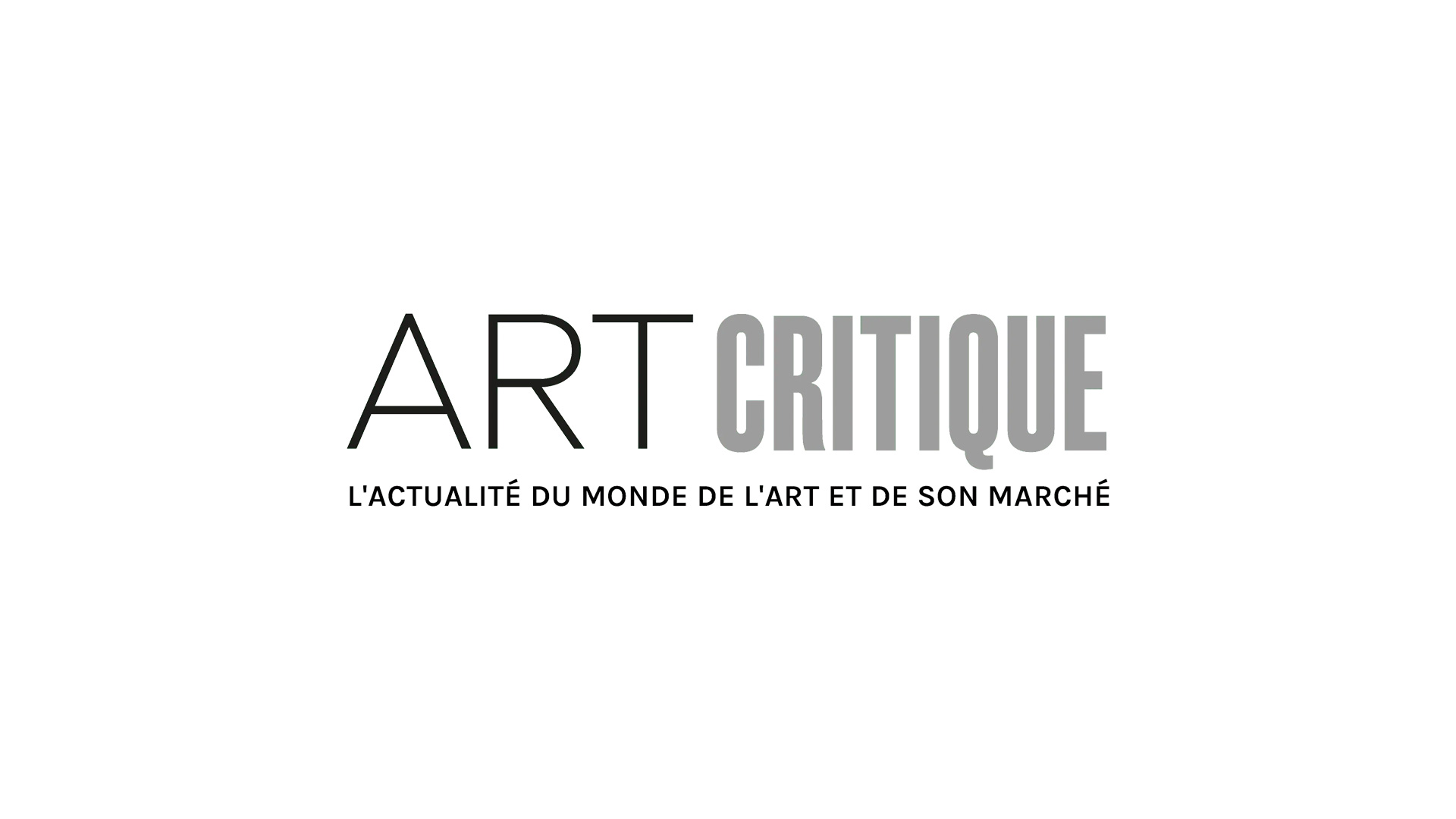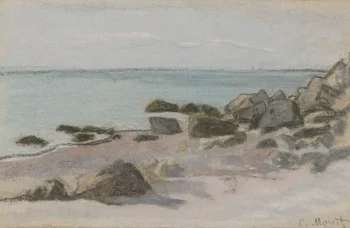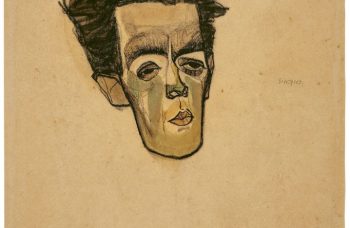Thomas Gainsborough is one of England’s iconic artists. His work, much like JMW Turner’s, seems to be synonymous with the country having captured the English countryside with many of his works. Now, in an effort to keep a work that was sold over the summer by Gainsborough in the UK, a temporary export ban has been placed on the painting.
In July, Gainsborough’s Going to Market, Early Morning sold at Sotheby’s by a private seller. The painting, which is now valued at £8 million, was created in 1773 and is quintessentially Gainsborough. Now, the painting’s new owner has put in an application to move the painting from the UK. That request, presently, has been denied with the temporary export ban placed on Going to Market, Early Morning. The export ban lasts through March 22 and aims to give a UK buyer the opportunity to put together the funds to purchase the painting, thus keeping it in the UK. The export ban was placed on the work after a consultation with the reviewing committee on the export of works of art and objects of cultural interest (RCEWA), who suggested the painting remain in the UK as it is an important piece of UK heritage.

Christopher Baker, of the RCEWA, stated ‘Thomas Gainsborough is chiefly known as a refined portrait painter. However, he also composed idyllic, rural scenes and Going to Market, Early Morning is one of his greatest achievements in this genre.’ The RCEWA, as a whole, called the painting ‘one of [Gainsborough’s] greatest achievements,’ according to The Guardian.
Born in Suffolk in 1727, Gainsborough studied drawing from an early age. His work tended to capture the everyday lives of people in England and in 1759, he moved to Bath, where he painted Going to Market, Early Morning. Just a few years before executing the painting, he was a founding member of the Royal Academy of Arts and went on to paint portraits of George III and Queen Charlotte in 1780. Eventually, Gainsborough fell out with the Royal Academy and in 1788, he passed away. Though Gainsborough has a number of iconic paintings and series, perhaps best-known is his 1750 painting Mr. and Mrs. Andrews, which hangs in the National Gallery in London.
The UK is no stranger to trying to keep particular works in its region. In August, a temporary export ban was placed on Turner’s The Dark Rigi (1842) as well as Claude Monet’s Le Palais Ducal (1908). The Dark Rigi, valued at £10 million, has yet to be sold but the export ban was implemented in the hopes that an organization will purchase and keep the work in the UK. Tate, with assistance from the Art Fund, have expressed concerted intent to purchase the painting from the private collector who acquired the work in 2006. Le Palais Ducal, on the other hand, was purchased in February 2019 for £27.5 million. The new owner has requested to move the painting from the UK but an export ban has been placed on the work through at least May of this year.
‘Gainsborough is one of the greatest British landscape artists and his works still wow audiences more than 250 years later,’ said Helen Whately, the UK’s art minister. ‘This piece is a superb example and I hope that a UK buyer can be found so we can find a new home for this work in our national collection.’
Just slightly less than three months stand between now and the deadline set by the export ban. If a national institution or museum seriously consider acquiring the painting, a price less than £8 million may be considered. For now, though, the country scene will remain in the UK.





